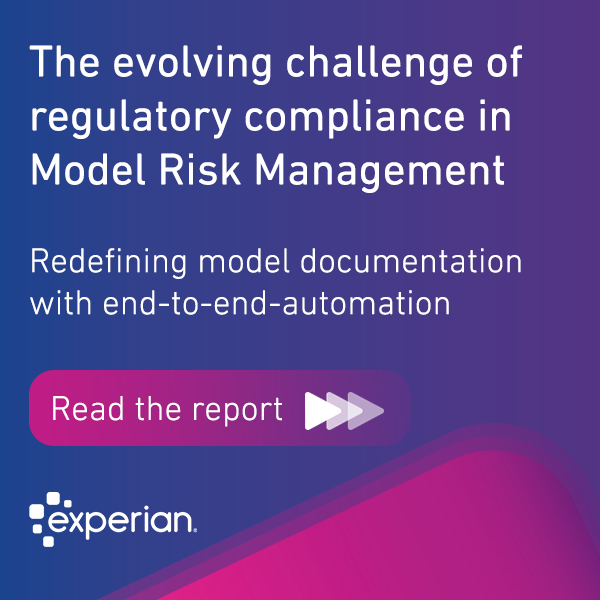
Juniper Research’s latest digital identity leader board predicts a big shift in the market – identity and fraud are now becoming synonymous.
Experian’s position as number one vendor on Juniper Research’s leader board demonstrates why Experian’s flagship digital identity and fraud platform, Crosscore, is central to the future of identity and fraud management.
“We’re thrilled Juniper has positioned us as the top provider of digital identity,” said David Britton, Vice President of Global Strategy for Digital Identity & Fraud at Experian. “Being able to accurately identify a customer in a digital transaction helps our clients provide a better customer experience and prevent fraud. Fighting fraud and reducing risk, while enabling great consumer experience is at the heart of Experian’s mission to make the digital world a safer place, even as cybersecurity rises as a worldwide threat.”
Digital identity’s convergence of identity verification and fraud detection presents both opportunities and challenges for businesses, all in direct response to new consumer demands for a seamless, safe and uninterrupted digital customer journey.
Key digital identity market Takeaways – Juniper Research
Identity and Fraud Are Becoming Synonymous
Trust is not a transactional feature of a digital identity system between identity creators and identity subjects, but rather, it is an inbuilt part. Given the unprecedented impact of the COVID-19 pandemic on eCommerce volumes, the advent of remote/hybrid working and the demand for eGovernment services, digital identity’s tie with privacy and security has become much more visible. An ever-increasing number of fraudulent activities highlights the need to ensure customer security and protection of personal and businesses data for integrity of digital identity systems. Fraud and digital identities are closely intertwined, also because preventing fraud involves getting the right identity datapoints, understanding their significance and acting upon the related findings.
Governments Will Ramp Up Their Digital Identity Efforts
Government regulations and initiatives around digital identity are a vital force shaping the market landscape. Success of eGovernment services is largely dependent on a mechanism of identifying citizens/users in an assured manner, usually via striving to create trusted identities. Even prior to COVID-19, governments around the globe were employing digital identity-related initiatives in areas other than eGovernment services, such as border controls and telehealth. Compelled by the challenges faced in terms of cybersecurity and citizen trust in identity initiatives, governments will increasingly collaborate with third-party vendors to come up with solutions with better usability and security.
Identity Verification Use Cases and Underlying Technologies Will Continue to Dominate the Market
Verification is one of the key areas affecting the digital identity market, mostly owing to the catalyst power of the pandemic digitalising transactions across all industries and business verticals. The solutions and use cases of digital identity verification (ie, login, anti-fraud, and decentralised identity) are numerous, as secure and convenient customer onboarding has been at the forefront of any critical digital engagement. These use cases and underlying technologies, such as biometrics, lend themselves to different industries and verticals and so, they will continue to enjoy customer uptake for the foreseeable future.
Read now: Juniper Research Digital Identity Competitor Leaderboard
Related content:
Defining digital identity on the back of the ‘big digital shift’
What is digital identity and why should we care?
Stay in the know with our latest research and insights:




